How to Tolerate Uncertainty
If you’ve ever found yourself avoiding making a decision because you’re afraid of the unknown outcome it’s likely that you’ve faced uncertainty. You may even feel it with past decisions in the form of fearing that you’ve made a mistake. There’s a sense of unsure-ness that turns into rumination, and maybe even efforts to prevent this anxiety in the future by using avoidance.
Uncertainty can be uncomfortable, no doubt, but unfortunately the method of avoidance only makes it worse. Here’s how to deal instead.
Comfort and Discomfort
More than ever we have answers at our fingertips. With search engines, AI, social media, and more we can gain info on anything our heart’s desire within seconds. While this can be hugely helpful and convenient, it can also be a detriment in that our sense of wonder and tolerance to the discomfort of unknowns has weakened. Why be uncomfortable when we can just google it? We also have a ton of ways to distract and comfort ourselves now. Scrolling, binge-watching, comfort movies - why face the discomfort of uncertainty when what we know for certain feels good is right at our fingertips?
Now trust me, this is not a commentary on how all these things are awful. I engage in all of this at times, too - in this day and age how can anyone not? But, the more we avoid uncertainty, the more out of practice with get with tolerating it and the scarier it feels. The more we try to remove uncertainty, the more stagnant we become because growth involves getting out of our comfort zone and taking calculated risks. The reality is that uncertainty is present in every moment of our lives and we already possess the strengths to tolerate it, we just have to remember that we’re already doing that and view it as a transferrable skill.
Anxiety Mindset vs Tolerance Mindset
For example, any time we get in the car to drive to work there are uncertainties present. The car may or may not start. You may or may not encounter an accident on your route. There may or may not be a surprise hailstorm on the way. But for many, this isn’t what’s going through your mind. You’re going about your routine that you do every day because you’ve mastered tolerating the uncertainty that comes with this task. Somewhere within you, maybe even subconsciously, you’ve accepted that you can handle whatever arises. You’re resilient and the risk is worth it, because you have to get to work somehow!
So what’s the difference between that and the anxiety that arises when we fear we’ve made a mistake? Maybe you’ve started down a career path but you’re uncertain it’s right for you. You' find yourself ruminating, trying to predict what future-you will feel so you can prevent regret. Anxiety is leading the charge and doesn’t believe that you will be able to handle the outcome. If we switch into a tolerating uncertainty mindset, it might sound more like “ This may or may not be the career for me. The only way I’ll figure out if this career path is for me is if I try it, and even if it isn’t I can be flexible and adjust if needed.” There is more confidence in your ability to recover, and an openness to the discomfort of trying something because in order to learn about yourself you have to try something new.
It may sound counterintuitive but if facing the uncertainty feels uncomfortable - that’s good! Discomfort is not our enemy. It can prompt an increase in confidence because it is the result of us stepping out of our comfort zone, taking a calculated risk, and gaining data and awareness that we can handle tough stuff. If you’ve ever watched a show with a cliffhanger you were so excited to continue, or read a book that was a page turner that you couldn’t put down, you’ve encountered uncertainty in an intriguing, exciting, engaging way. This is transferrable to your life too, as long as you remember that you’re capable of growth!
If you need help learning to tolerate uncertainty or identifying parts of yourself that are confident and resilient, reach out to schedule a free consultation!
Tina Leboffe, LPC, CCATP, ADHD-CCSP
*Please note that this blog is for your information only and does not constitute clinical advice or establish a client-counselor relationship.


